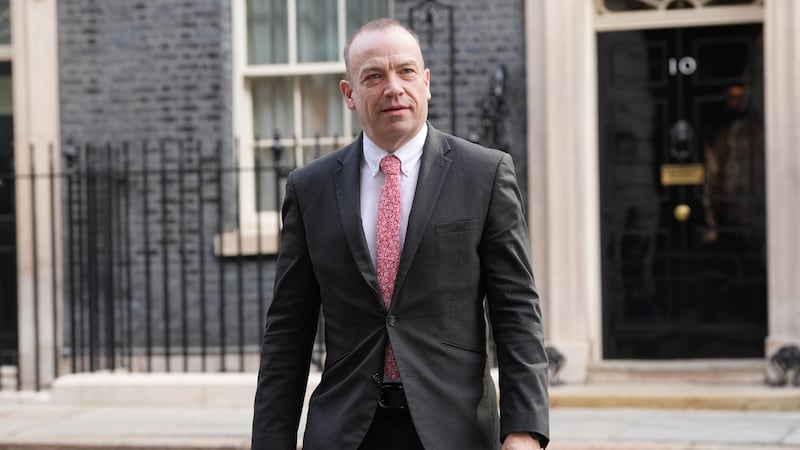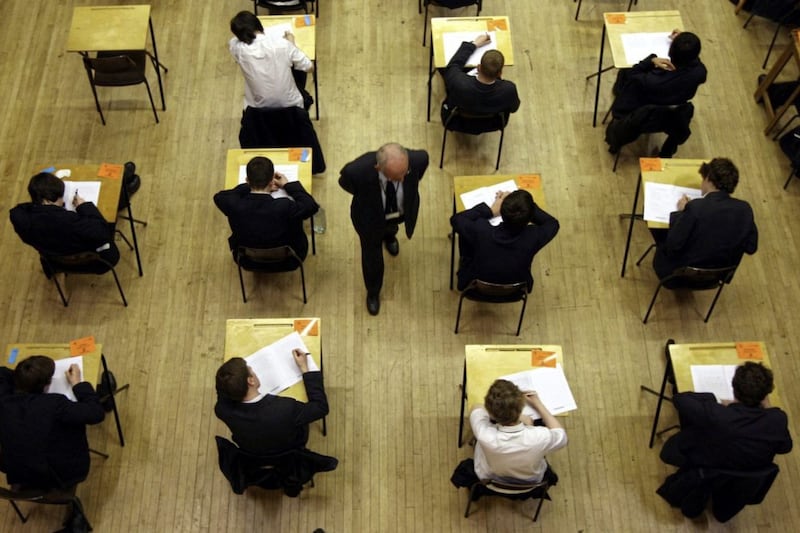CUTS to school spending per pupil over the last 10 years have been larger in Northern Ireland than Britain, new research has found.
A study by the Education Policy Institute (EPI) highlighted a growing divergence in UK schools after two decades of devolution.
The EPI research compared policies in England, Scotland, Wales and Northern Ireland, analysing major changes.
It found cuts to school spending have been the greatest in the north (11 per cent), followed by England (9) and Wales (5).
Scotland is spending significantly more per pupil and has also increased funding the most over the course of the last 10 years.
Its spending per pupil in now £7,300, followed by England and Wales at £6,100 and Northern Ireland at £5,800.
The north's larger cuts were partially due to "significant delays in agreeing teacher salaries".
England has the highest level of funding for disadvantaged pupils while schools in Wales are most likely to struggle with resources.
Pupil-teacher ratios are lowest in Scotland, at just 16 pupils to every one primary teacher, compared to 21 pupils per teacher everywhere else. Ratios have been rising steadily in the north.
It further found Northern Ireland schools have more power to shape their own curriculum with less government involvement.
While devolution generated significant benefits for different regions, researchers warned the continued divergence also presented challenges for comparing education systems, and could put pupils moving between the north and Britain at a disadvantage.
There was an increasing risk, they said, that young people would lose out due to a lack of understanding about different exams.
England, Wales and Northern Ireland all use GCSEs and A-levels but in recent years they have diverged significantly. England uses a 9-1 GCSE grading system, while Wales and Northern Ireland use A*-G. England focuses on final assessments, while a modular system has been retained by Wales and Northern Ireland.
Luke Sibieta, co-author and EPI Research Fellow, said two decades of devolution resulted in four very different paths on education policy.
"In a short period of time, England, Scotland, Wales and Northern Ireland have each made sweeping changes to exams, assessments, the curriculum and the allocation of resources – including levels of funding," he said.
"Devolution has been highly beneficial in that it has enabled countries to reflect national priorities, whilst allowing governments to learn from each other – but equally, we also find that it is becoming more difficult to compare the four systems. Despite this trend towards divergence, it is essential that UK governments draw more lessons from each other and avoid developing policies in isolation.
"Ahead of important elections next week, and as nations formulate their pandemic recovery plans, policymakers would do well to reflect on how their education priorities have evolved over the last 20 years, and whether they are well-equipped to meet new challenges in the years ahead."








